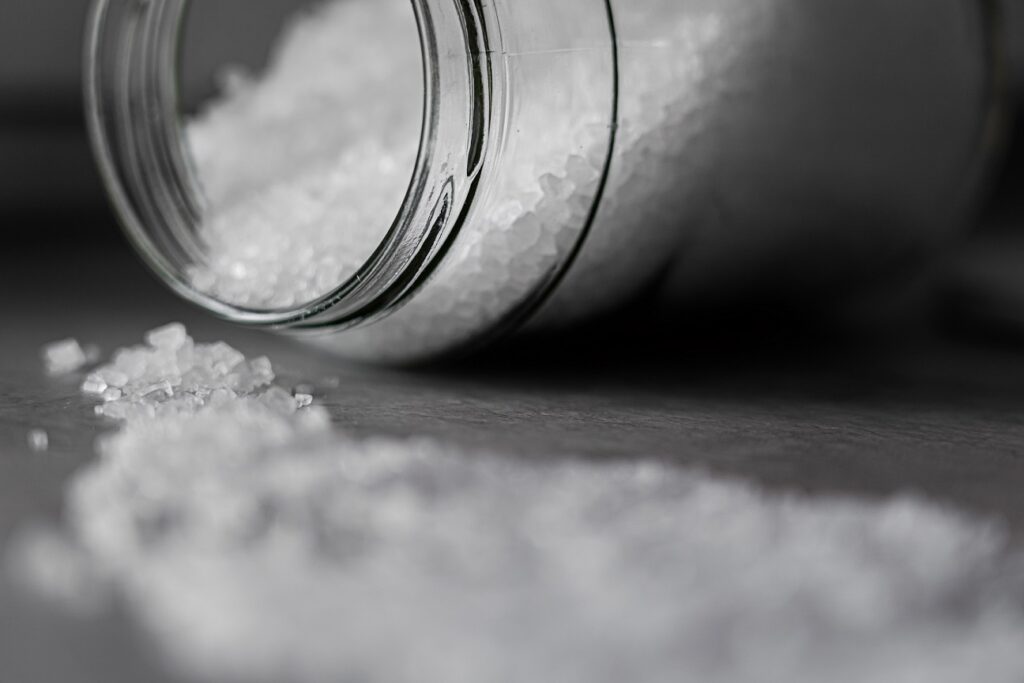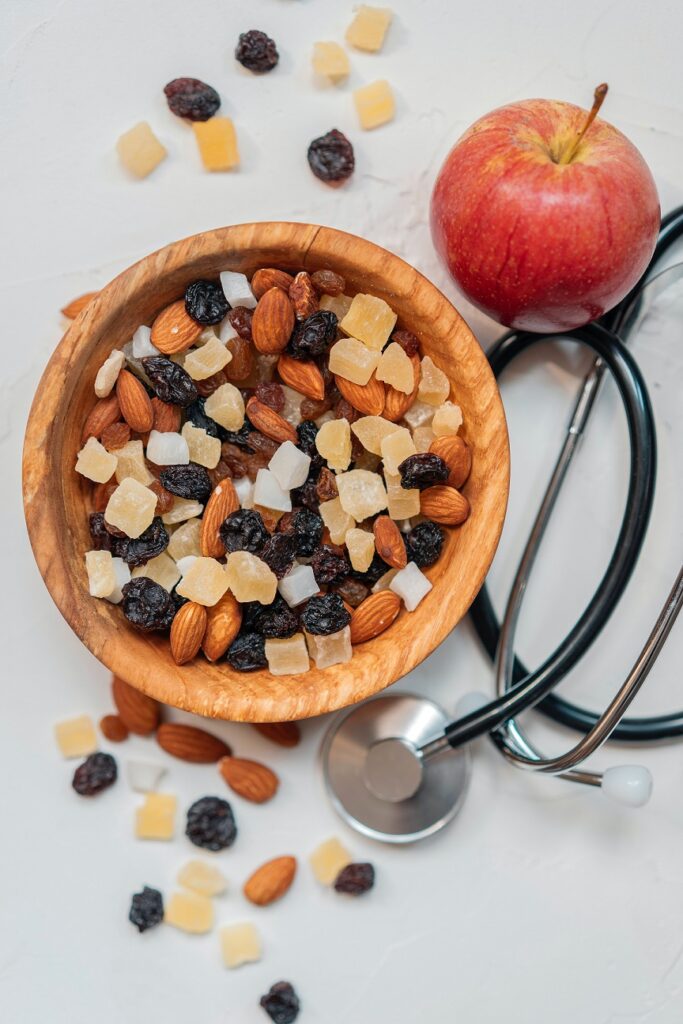High blood pressure, or hypertension, is a prevalent health concern that affects millions of people worldwide. If left unmanaged, it can lead to serious health complications, including heart disease, stroke, and kidney problems. While medications and lifestyle changes are often recommended for hypertension management, many individuals seek natural remedies and herbs as complementary approaches to support healthy blood pressure levels. In this article, we will explore some of these natural remedies and herbs, their potential benefits, and important considerations for their use.
1. Garlic (Allium sativum): Garlic is a well-known herb with a long history of use in traditional medicine for its potential to support cardiovascular health. Some studies suggest that garlic may help lower blood pressure by promoting relaxation of blood vessels and reducing inflammation. Allicin, a compound found in garlic, is believed to be responsible for these effects. While garlic can be a flavorful addition to your diet, garlic supplements may also be considered after consulting with a healthcare provider.
2. Hawthorn (Crataegus spp.): Hawthorn is a flowering plant that has been used in traditional medicine for centuries to support heart health. It is believed to improve blood flow by dilating blood vessels, potentially helping to reduce blood pressure. Hawthorn supplements are available, and some studies have suggested their efficacy in lowering blood pressure. However, it’s essential to consult with a healthcare provider before using hawthorn, especially if you are taking other medications.
3. Beetroot (Beta vulgaris): Beetroot is rich in nitrates, which can be converted into nitric oxide in the body. Nitric oxide is a molecule that helps relax and dilate blood vessels, potentially leading to lower blood pressure. Drinking beetroot juice or incorporating beetroot into your diet may have a modest effect on blood pressure. However, its long-term benefits are still being studied.
4. Hibiscus (Hibiscus sabdariffa): Hibiscus tea, made from the dried petals of the hibiscus plant, has been shown in some studies to have a mild blood pressure-lowering effect. It is believed that the antioxidants and phytochemicals in hibiscus contribute to its potential benefits. While hibiscus tea is generally considered safe, it may interact with certain medications, so consult with your healthcare provider if you have concerns.
5. Olive Leaf (Olea europaea): Olive leaf extract contains compounds known as oleuropein and hydroxytyrosol, which are believed to have antioxidant and anti-inflammatory properties. Some research suggests that olive leaf extract may help reduce blood pressure by relaxing blood vessels and improving blood flow. However, more studies are needed to confirm its effectiveness fully.
6. Celery Seed (Apium graveolens): Celery seed is a common spice that has been used traditionally to support healthy blood pressure. It contains compounds like phthalides, which may help relax the muscles in and around the arteries, leading to lower blood pressure. Celery seed extract or celery seed powder can be added to your diet or taken as a supplement, but consult with your healthcare provider first.
7. Cinnamon (Cinnamomum verum): Cinnamon is a flavorful spice that may have potential benefits for blood pressure regulation. Some studies suggest that cinnamon may help lower blood pressure by improving blood vessel function and reducing inflammation. You can incorporate cinnamon into your diet by sprinkling it on foods or adding it to beverages.
8. Cat’s Claw (Uncaria tomentosa): Cat’s claw is a woody vine native to South America that has been used traditionally for various health purposes. Some research indicates that cat’s claw may have a mild hypotensive (blood pressure-lowering) effect. It is available as a supplement, and its use should be discussed with a healthcare provider, especially if you are taking medications or have underlying health conditions.
9. Fish Oil (Omega-3 Fatty Acids): Omega-3 fatty acids, found in fish oil supplements and fatty fish like salmon and mackerel, have been associated with cardiovascular health benefits. Omega-3s can help lower blood pressure by reducing inflammation and improving blood vessel function. While not a herb or traditional remedy, they are often included in discussions of natural approaches to heart health.
10. Linden (Tilia spp.): Linden flowers, derived from various species of Tilia trees, are used in herbal teas and remedies. Some studies suggest that linden tea may have a calming effect, which could indirectly help lower blood pressure by reducing stress and anxiety. Linden tea is generally safe when consumed in moderation.
Important Considerations:
While natural remedies and herbs can be appealing for their potential health benefits, it’s essential to approach them with caution and in consultation with a healthcare provider. Here are some key considerations:
- Consult with a Healthcare Provider: Always consult with your healthcare provider before using any herbal remedy or supplement, especially if you have hypertension or are taking medications. Some herbs may interact with medications or have contraindications for certain health conditions.
- Dosage and Quality: Pay attention to the dosage and quality of herbal products. Dosages can vary widely between brands, and the purity and quality of supplements can affect their effectiveness and safety.
- Monitor Blood Pressure: If you are using natural remedies to manage your blood pressure, continue to monitor your blood pressure regularly to ensure that it remains within a healthy range.
- Lifestyle Matters: Natural remedies can be part of a holistic approach to blood pressure management, but they should complement lifestyle changes such as a heart-healthy diet, regular exercise, stress management, and limiting alcohol and sodium intake.
- Individual Response: Keep in mind that individuals may respond differently to herbal remedies. What works well for one person may not have the same effect on another.
- Potential Side Effects: While natural remedies are generally considered safe, they can still have side effects or interactions with medications. Be aware of any adverse reactions and report them to your healthcare provider.
Maintaining healthy blood pressure is essential for overall cardiovascular health and well-being. Natural remedies and herbs offer a complementary approach to managing hypertension, but they should be used cautiously and under the guidance of a healthcare provider. These remedies should not replace prescribed medications or recommended lifestyle changes but can be considered as part of a comprehensive strategy for blood pressure management. Always prioritize open communication with your healthcare team to make informed decisions about your health.







